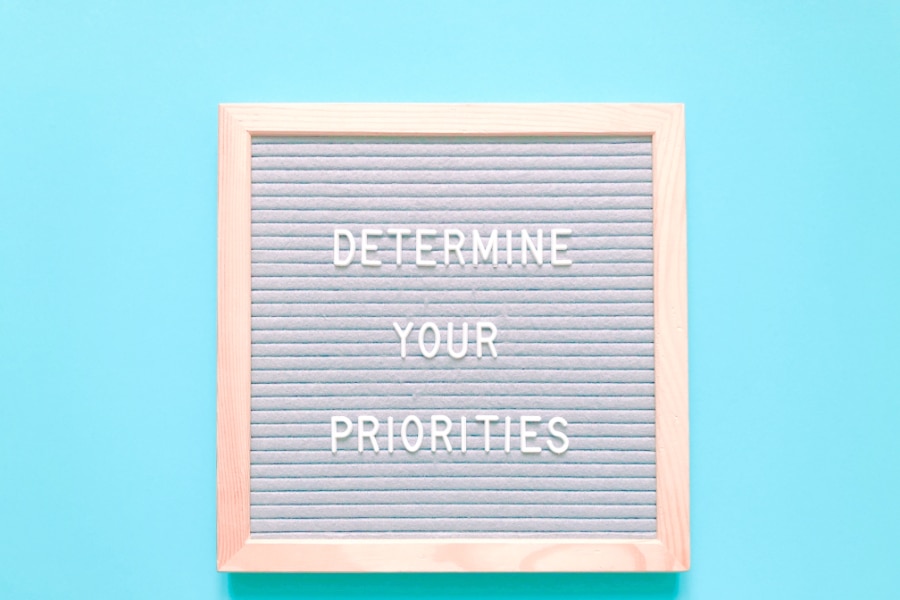‘I don’t care’ are three little words that get dished out every day, on a regular basis to kids and adults, which have consequences a lot deeper that you may realise.
When a child comes to you with an excuse or story as to why something happened, or didn’t happen and you say “I don’t care”, you actually mean “I don’t have time for this story at the moment; I just want the situation sorted”. You brush the child off because you are too busy, stressed, tired or maybe embarrassed and just want to get to the bottom of an incident or don’t want to be interrupted.
What the child hears is, “I don’t care about you!” Hear it often enough and it becomes “you don’t love me”.
I know I used to say it. I hear it all the time from teachers at school. I hear it in the supermarket, walking down the street or on the train. “I don’t care, just … Do it! Be quiet! Not now!”
Adults can separate the behaviour from the person. Children cannot.
The child eventually starts to believe that they – the parent, teacher or friend:
- don’t want to listen to me
- don’t care what I have to say
- don’t think that what I have to say is important
This can turn into:
- I am not important
- I am not being heard, so why bother to speak up
- I am not being heard, let’s act out so that I am
The same goes for “You idiot! You’re stupid! You are so dumb! You will never amount to anything!” and any other name calling or put down. Hear it often enough from the most significant people in your life and you believe it, not necessarily on a conscious level, but it is hard wired into our unconscious. The good old, self fulfilling prophecy is implanted into your being.
I was a sensitive and caring child but if I made a mistake or didn’t do something ‘good enough’, my dad’s words ‘bloody hopeless’ still ring in my ears. If I was upset or cranky, I was laughed at or sent away to sort things out myself. I became too frightened to speak up for fear of ridicule and judgement. Intellectually and on a practical level I was very capable, but come to asking for assistance or speaking from my heart I was scared stiff. I figured nobody really cared.
Consequently, I toughened up by shutting down. I numbed the pain of feeling not worthy, that is, feeling ‘not good enough’, by staying small, thinking a lot, feeling ‘different’ and not connecting deeply with anyone. I eventually numbed that pain with drugs for some years. That didn’t make the pain go away, it just added another layer of problems.
I only recently realised that the subconscious belief that had been running for almost 50 years was ‘I am not allowed to feel’ and ‘I am not allowed to speak’.
Essentially, I lacked self worth and am still dealing with it on some levels. As a kid I came across really confident and mature, it was my mask to feeling unworthy and vulnerable. I remember in my early 20’s, a friend saying that I was ‘fiercely independent’. At the time, I thought this was good. It was just a defense mechanism to protect myself from being hurt or rejected. I was a bit of an adrenalin junkie and did adventurous and dangerous things to look strong and courageous. What I lacked was ordinary courage – the courage to speak my truth, from my heart and dare to be vulnerable. Having the courage to be vulnerable is where real personal growth and connection happens.
Lack of self worth is what gets in the way of everyone who is not achieving what they really want in life. That little voice in your head that says to you, ‘what makes you think you can do that? You are too old, too fat, too thin, too short, too dumb!’ These are all subconscious beliefs that are not true!
How often do you say that, or whatever it is to you, to yourself? Does it stop you from doing things you really want to do or does it make you more determined?
The days that children “should be seen and not heard” are over. Children need to be supported to express themselves and to feel confident and safe to do so. You can encourage this by:
- Leading by example and learning how to respond rather than react to situations
- Allowing them to witness you expressing your feelings and being supported by your partner or a friend
- Do not name call or label
- Give them the time to be heard. Hear the story from their perspective, remembering they have not been around as long as you have, to be aware of all the other aspects involved
- Acknowledge what they are saying, understand how they feel and maybe give them suggestions of how to deal with it differently
- Allow them to be them! They are living in a different world to what you grew up in.
Your actions speak louder that your words. Saying ‘I love you’ is important. Showing ‘I love you’ is what really sticks.






